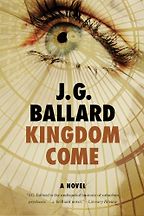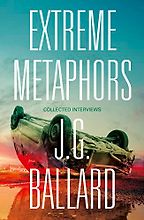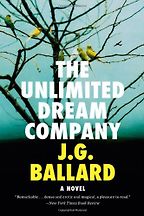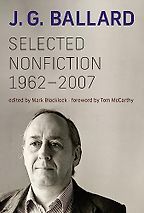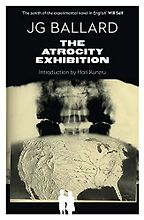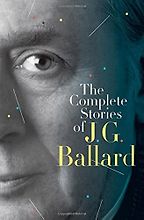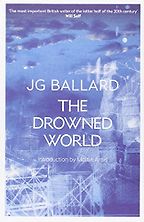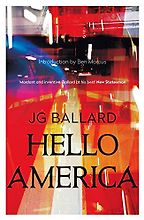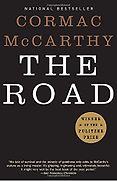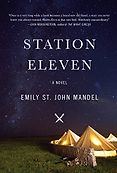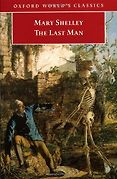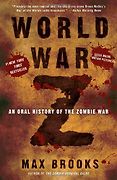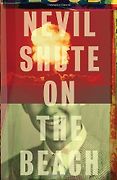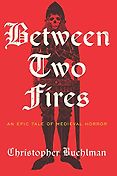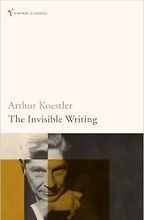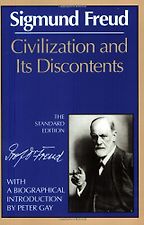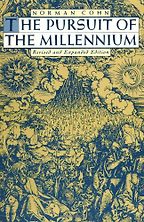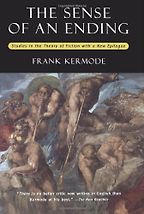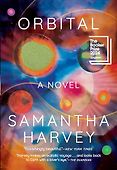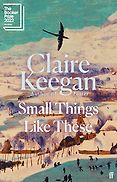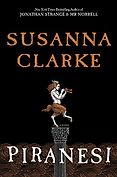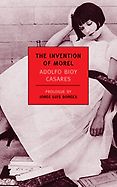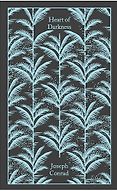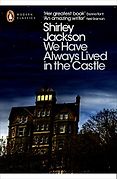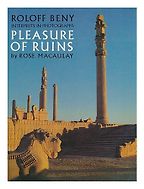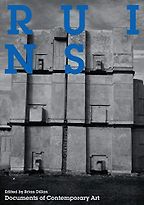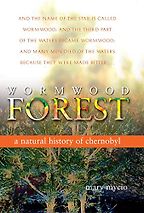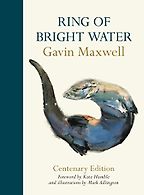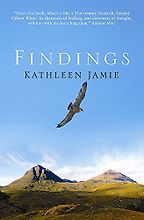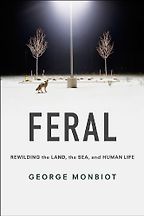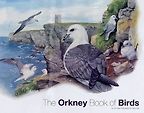Books by J. G. Ballard
“I really love his late period: Cocaine Nights, Super-Cannes, Millennium People, Kingdom Come, which are all basically the same novel again and again. I mean, the plot is pretty much always Heart of Darkness. There’s someone who goes up river, and they lose themselves in that world, become part of the logic of that world. They are all centred on the idea of middle-class communities that have become bored with contemporary life and are entertaining themselves by playing around with violence, drugs, sex. Kingdom Come fertilises that with his observations about British society at that specific point in time.” Read more...
Mark Blacklock, Literary Scholar
“It’s a brilliant, brilliant book. It takes a broad sweep, starting with the first interview—in 1967 with George MacBeth, a poet who did lots of stuff on BBC Radio and was an early enthusiast for Ballard—and going right up to the last—with Jim Naughtie in 2008, the year before he died. So the full sweep of his career.” Read more...
Mark Blacklock, Literary Scholar
“t’s absolutely amazing. It operates purely by dream logic. A guy called Blake has stolen a Cessna and crashed it into the Thames, near Shepperton. When he emerges from the plane, there’s a scene of characters that are like Jungian archetypes: a Jesuit priest, who’s a sort of father figure; a doctor, who is sort of like a mother… Anyway, he moves through Shepperton, which is where Ballard lived, and it’s never clear whether he is dead or alive. There’s a body in the Cessna: is it Blake? We don’t know. It’s visually stunning. Shepperton is transformed into a jungle. He is transformed into a whale at one point, into birds… It’s metamorphic, fluid, properly surrealist.” Read more...
Mark Blacklock, Literary Scholar
Selected Nonfiction, 1962-2007
by J. G. Ballard, edited by Mark Blacklock
“He preferred to call them condensed fictions or condensed novels to experimental short stories. They consist of lexia – paragraph-length prose poems using incredibly technical vocabulary literally borrowing from, sampling from, textbooks and found documents. There are free-associated lists of ideas and objects encountered by the characters. There are magnified images of body-parts of billboards. Incidents of violence – predominantly the Kennedy assassination, but also we know he was reading books about the aftermath of Nagasaki and Hiroshima – these spectacularised, massive, species-scale violent acts haunt the entire collection. And underpinning it is an extremely abstracted surrealist logic whereby geometry is asked to produce emotional or erotic responses.” Read more...
Mark Blacklock, Literary Scholar
“Honestly, I would just drop in wherever you want, because he did emerge almost fully formed as a writer of short stories. ‘The Voices of Time,’ as I say, would be early- 1960s: maybe actually 1960. It has so many of those key ideas: alienated figures trying to work something out—the mysteries of the universe—deep time—receiving signals from space—running around a deserted base going mad… It’s incredible. Then you come forward into the late 1970s and early 1980s, and you get things like ‘Notes Towards a Mental Breakdown,’ where every single word is footnoted. And the very playful, paratextual, formally experimental work that he does in the short story form. He started off as a short story writer and he is an expert in the form.” Read more...
Mark Blacklock, Literary Scholar
“The Drowned World is set in a post-apocalyptic future, in which the ice caps have melted and the planet is growing ever hotter. London is flooded; its buildings rise from steamy lagoons where once were Piccadilly Circus and Pall Mall and Trafalgar Square. You can think of it as a sort of cli-fi Heart of Darkness, with that slightly unhinged quality, and the intense heat, and this ominous ramping up of tension. As a vision of the future, it’s rather terrifying. But it’s rather beautiful too: this steamy, swampy London where alligators lurk in cloudy waters, and giant lizards roar at the sun.” Read more...
The best books on Abandoned Places
Cal Flyn, Five Books Editor
“This is a vision, relevant to our discussion of apocalypse, of a century or so from now when climate change has made most of the American continent uninhabitable, with large parts of it covered by rainforest or desert. The ideas it puts forward are presented in the context of an adventure story, of a group of Europeans who explore this almost abandoned continent and come across various groups and tribes who live in the ruins or jungles. Ballard was a tremendous admirer of surrealist painters – he wanted to be a painter himself but didn’t have the talent, he used to say – and the novel is a tremendous gallery of images, beginning with a ship pulling into an empty New York, where everything turned gold by the sun.” Read more...
Critiques of Utopia and Apocalypse
John Gray, Philosopher
Interviews where books by J. G. Ballard were recommended
The Best Post-Apocalyptic Novels
Do you take perverse pleasure in reading about the end of the world as we know it? Us too. Here, we’ve gathered together a selection of the best post-apocalyptic novels ever to appear on Five Books to help you choose your next horrifying, exhilarating literary parlay into armageddon.
Critiques of Utopia and Apocalypse, recommended by John Gray
Is it inevitable that the desire to build a perfect world should end in disaster? John Gray considers the flaws in utopian thinking and the essential nature of humans. He recommends the best critiques of utopia and apocalypse.
-

1
Orbital
by Samantha Harvey -

2
Small Things Like These
by Claire Keegan -

3
Piranesi
by Susanna Clarke and Chiwetel Ejiofor (narrator) -

4
The Invention of Morel
by Adolfo Bioy Casares, translated by Ruth L. C. Simms -

5
Heart of Darkness
by Joseph Conrad -

6
We Have Always Lived in the Castle
by Shirley Jackson
Short Novels
Short Novels
A short novel can be the perfect way to occupy the mind during an empty evening or a long journey. One can also appreciate a well-written book’s true complexity when it can be read and digested in a single, immersive sitting. Here, we’ve pulled together a list of short literary novels—most of them fewer than 200 pages in length—that have been recommended on Five Books over the years.
The best books on Abandoned Places, recommended by Cal Flyn
Five Books deputy editor Cal Flyn selects five of the best books on abandoned places, including a cultural history of ruins, an account of natural recovery in the Chernobyl exclusion zone, plus two unsettling works of science fiction. Her own book, Islands of Abandonment: Life in the Post-Human Landscape, is out now.
Amy Liptrot chooses the best of Nature Writing
Amy Liptrot, whose bestselling memoir The Outrun won the 2016 Wainwright Prize for nature writing, talks to Five Books about her favourite writing about landscape—and how her immersion in island life helped her recover from alcoholism.
The Best J. G. Ballard Books, recommended by Mark Blacklock
J. G. Ballard, the British science fiction writer and surrealist, is often credited as some kind of modern-day prophet. But what he was really doing was taking contemporary trends and extending them to their logical extremes, argues Mark Blacklock, the literary scholar and editor of a new collection of Ballard’s nonfiction writing. Here he selects five of Ballard’s best books.
